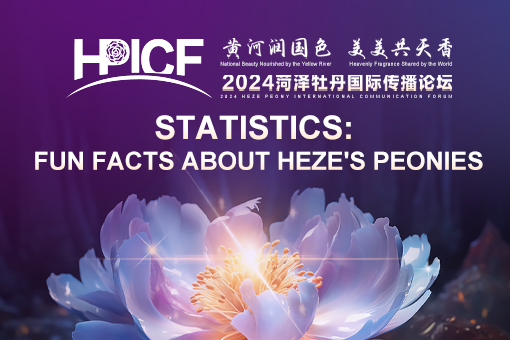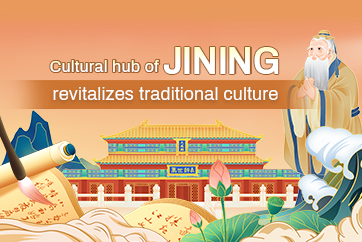Generic drug approvals boost pharma firms' global ambitions
By Liu Zhihua | (China Daily )| Updated : 2019-03-07
Print PrintChinese pharmaceutical companies are strengthening their presence on the world stage with an increasing number of generic drug approvals from the United States, thanks to rising research and development capabilities and official support for innovation, industry insiders said.
According to statistics from the Healthcare Executive Institute, a leading healthcare industry think tank based in Beijing, as of Dec 24, 2018, Chinese pharmaceutical companies had received 77 generic drug approvals - known as abbreviated new drug applications or ANDAs - from the US Food and Drug Administration.
The number was 38 in 2017 and 22 in 2016. Before 2016, Chinese pharmaceutical companies had fewer than 15 ANDAs approved on average each year.
A recent example is a generic drug made by Qingdao Baheal Pharmaceutical Ltd, a holding subsidiary of Baheal Pharmaceutical Group headquartered in Beijing and Qingdao, Shandong province.
Its generic drug Nida, which is an extended-release tablet containing metformin, a medicine widely used to manage type-2 diabetes, was approved by the USFDA on Dec 27, 2018.
The company announced earlier that the first batch of the drug was about to be delivered to the US market.
The think tank said one reason behind the rise in approvals is that many Chinese pharmaceutical companies are able and need to go global, especially the leading ones. Another reason is that once a generic drug receives US approval, it is automatically seen as having passed China's generic consistency evaluation requirements.
In 2016, the Chinese central authorities issued an opinion on "conducting consistency evaluations of the quality and efficacy of generic drugs", signaling a push for an industrywide overhaul of generic drug quality. Failure to pass the evaluation before the required deadline leads to revocation of the drug title's registration license or ineligibility for government tendering. Besides, if three titles of a generic drug have passed the evaluation, others will not be allowed for government tendering.
Shi Lichen, founder of medical consultancy Beijing Dingchen Consultancy, added that the Chinese authorities' recent policies are very supportive of innovation and high-quality generic drug research and development, providing solid incentives for Chinese pharmaceutical companies to file more ANDAs.
"If a Chinese generic drug gains US approval, it is often fast tracked by Chinese authorities when it applies for domestic approval, giving it an advantage in the fiercely competitive domestic generic drug market," he said.
Shen Yaping, vice-president with Jiangsu Hengrui Medicine Co Ltd, a top Chinese pharmaceutical company listed in Shanghai, said the company now files new generic drug applications to domestic and US authorities for this reason.
"Going global and innovation are the two most important development strategies for our company, and now we feel encouraged, because a lot of government policies are inspiring to companies like us that want to expand overseas business," Shen said.
The overseas markets, especially the US, are large and alluring, yet in the past, Chinese pharmaceutical companies lacked the ability to expand overseas, he said, adding that as a number of first-tier Chinese pharmaceutical companies have succeeded in developing overseas business, others are trying to keep up with them.
His company and its subsidiary Shanghai Hengrui Pharmaceutical Co Ltd have received 16 ANDA approvals, according to its website.

 Statistics: Fun facts about Heze's peonies
Statistics: Fun facts about Heze's peonies  Cultural hub of Jining revitalizes traditional culture
Cultural hub of Jining revitalizes traditional culture  Peonies bloom in Heze
Peonies bloom in Heze